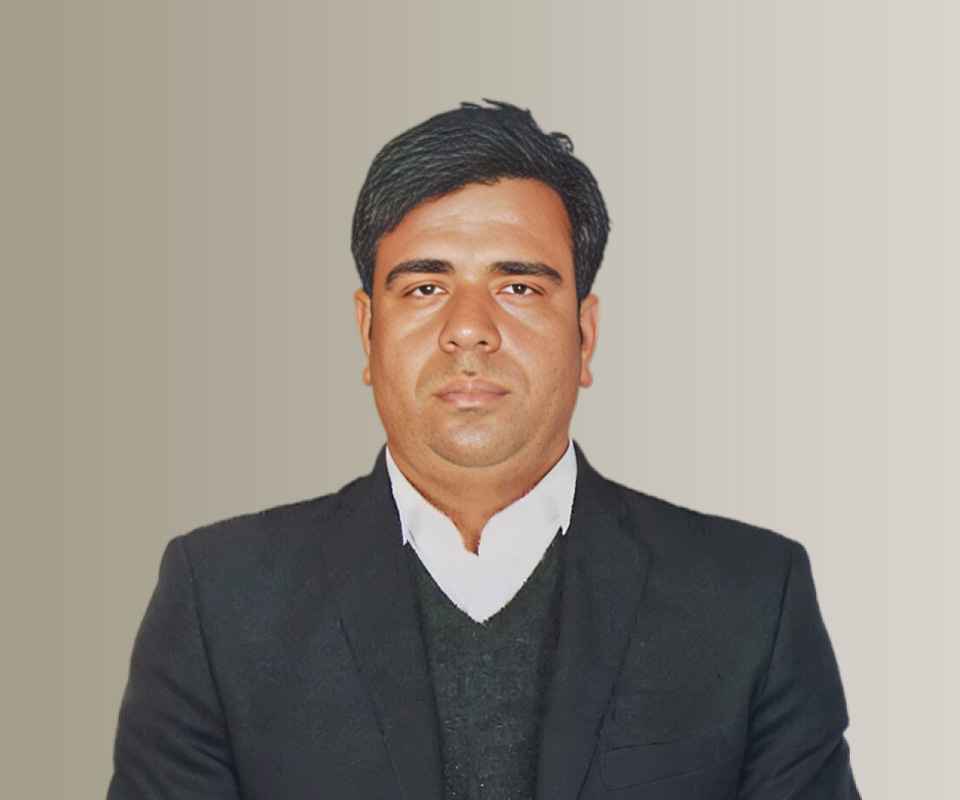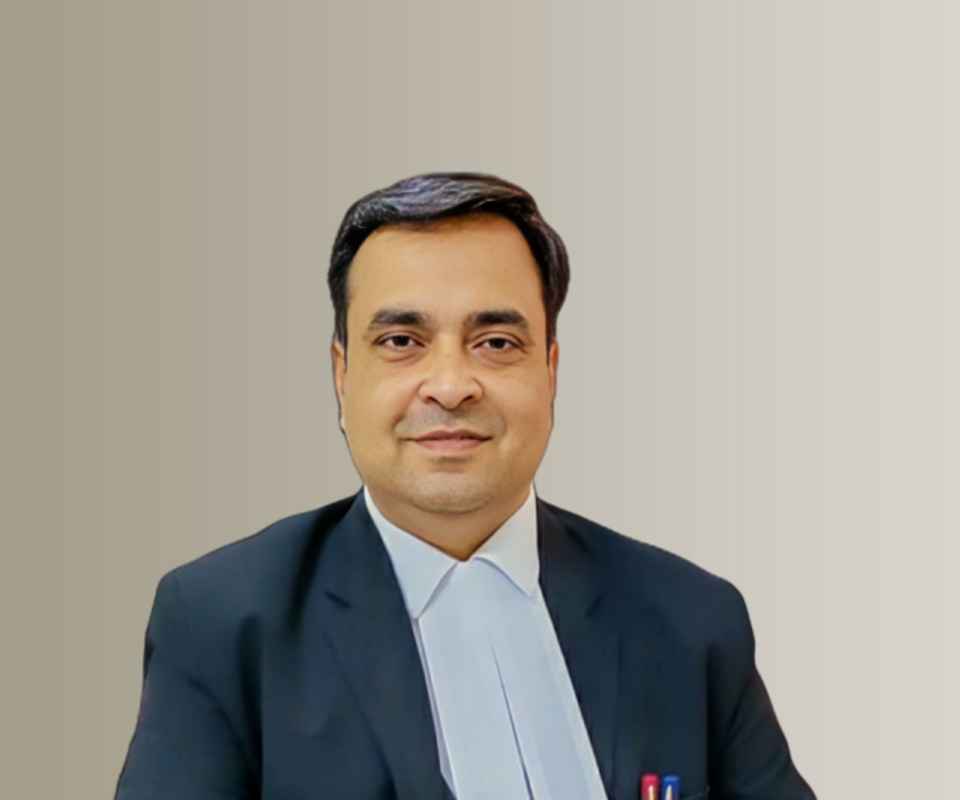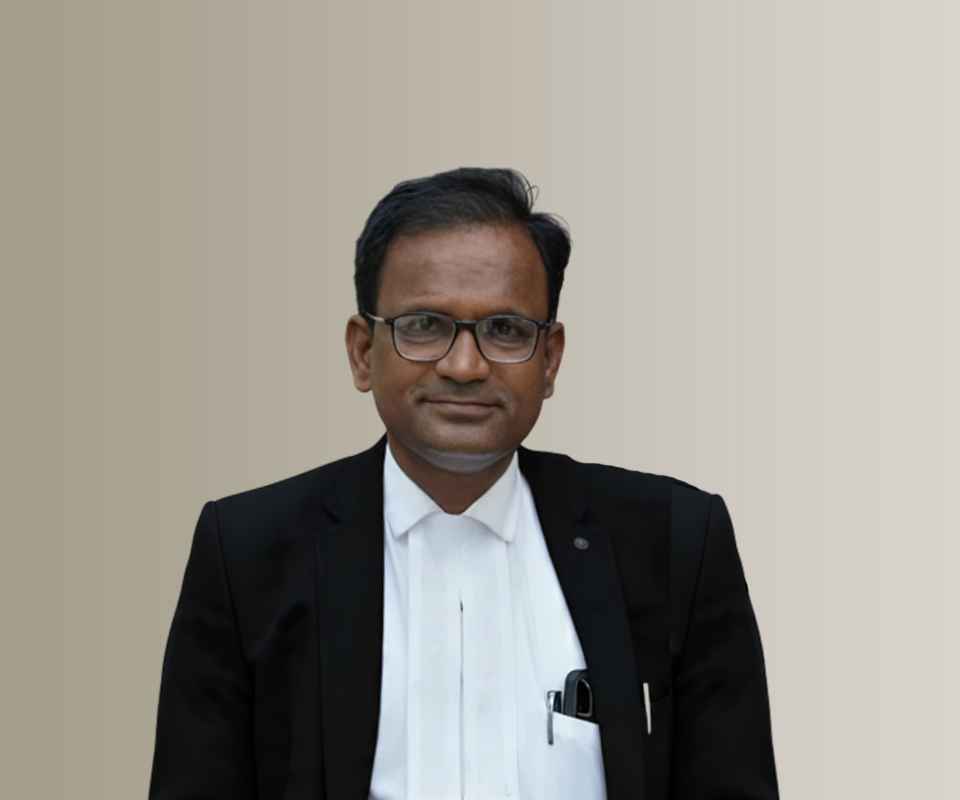Answer By law4u team
An accused individual facing prosecution in India may attempt to seek asylum in a foreign country to avoid extradition, especially if they believe that they may face unfair treatment, political persecution, or human rights violations upon their return. The right to asylum is enshrined in international law and is granted to individuals who can demonstrate that they would be at risk of torture, persecution, or inhumane treatment if returned to their home country. However, such requests are complicated by extradition treaties, diplomatic relations, and the specific laws of the country where the accused seeks refuge.
Conditions for Seeking Asylum to Avoid Extradition
Risk of Persecution
One of the most common grounds for seeking asylum is a fear of persecution in the country of origin. Under the 1951 Refugee Convention and its 1967 Protocol, individuals who face persecution based on their race, religion, nationality, political opinion, or membership in a particular social group may apply for asylum in another country. If an accused person can establish a credible case that they will face persecution in India (such as political persecution or threats to life or liberty), they may seek asylum to avoid extradition.
Political Offenses Exception
An individual accused of committing political offenses in India may have a stronger case for seeking asylum. According to international law, a country may deny extradition if the alleged offense is deemed to be political in nature. The Extradition Convention and the European Convention on Extradition typically exclude political crimes from being extraditable offenses. If the accused claims that their crime is politically motivated (such as dissent against the government), the requesting country might refuse to extradite them based on this exception.
Risk of Torture or Inhumane Treatment
Countries are bound by the United Nations Convention Against Torture (CAT) and human rights law, which prohibits the extradition of individuals to countries where they may face the risk of torture, inhumane or degrading treatment, or punishment. If an accused individual can prove that they would be subjected to torture or abuse in India, they may apply for asylum in a foreign country under the principle of non-refoulement (the prohibition of returning individuals to countries where they face such risks).
Failure of Fair Trial Guarantees
If the accused can demonstrate that they will not receive a fair trial in India due to concerns about judicial independence, corruption, or political influence, they might be able to seek asylum to avoid extradition. Many countries assess whether an individual’s human rights will be respected during legal proceedings, including whether they will have access to legal representation, an independent judiciary, and a fair trial. If there are concerns that the individual’s legal rights will be violated in India, asylum may be granted to prevent the risk of injustice.
Legal Protections and Extradition Treaty Provisions
Extradition Treaties and Denial of Extradition
India has entered into bilateral extradition treaties with various countries, including the United States, United Kingdom, and others, which outline the conditions under which an individual may be extradited to India. These treaties often have exceptions for certain cases, including:
- Political offenses: As mentioned, political offenses are generally excluded from the list of extraditable crimes.
- Risk of death penalty or torture: Extradition may be denied if there is a credible risk that the individual will face the death penalty, torture, or inhumane treatment upon their return to India.
- Dual criminality: Extradition may only be granted if the offense for which the individual is accused is also a crime in the requesting country.
International Legal Framework
International conventions such as the European Convention on Extradition and the UN Refugee Convention provide guidelines on the asylum process and extradition. Countries that are party to these treaties are obliged to assess asylum claims and weigh them against extradition requests. If an asylum seeker’s country of origin is a signatory to these treaties, their extradition might be blocked if it would violate their rights under the relevant conventions.
Diplomatic and Political Considerations
In practice, whether an accused person is granted asylum to avoid extradition is influenced not only by legal factors but also by diplomatic relations between the two countries involved. For example, if the accused is a high-profile individual or a politically significant person, their case might involve significant political considerations. A country may choose to grant asylum for political reasons, especially if the extradition would strain relations with India or lead to international scrutiny.
Challenges to Seeking Asylum
Credibility of the Asylum Claim
The accused individual must present credible evidence to support their claim for asylum. Countries typically require documentary evidence, testimonies, or other proof that the individual faces genuine risk of persecution or human rights violations upon their return to India. If the asylum claim is not substantiated, it may be rejected, and the person could be extradited to India.
Extradition Despite Asylum
Even if a person is granted asylum, they may still be subject to extradition proceedings if their host country and India have a bilateral agreement or if the accused has committed a non-political crime. In some cases, the individual may be deported to India if the host country does not recognize the asylum request or if they believe the extradition is justified.
Duration and Legal Proceedings
The process of seeking asylum while avoiding extradition can be lengthy and complex. Asylum claims may take months or even years to resolve, during which the accused individual may remain in legal limbo. Even if asylum is granted, the country where the accused is seeking refuge may still decide to deport them if their asylum claim is rejected at a later stage.
Example
A notable example is the case of Asylum Seeker A (hypothetical), who is accused of financial fraud and money laundering in India. The individual flees to the United Kingdom and applies for asylum, claiming that they will face torture and an unfair trial in India. The UK authorities assess the claim under both the 1951 Refugee Convention and UK's human rights laws, and while the individual claims political persecution, the financial crimes they are accused of are considered non-political offenses.
UK’s Response:
After a thorough assessment, the UK grants temporary asylum but does not grant full refugee status. They then begin extradition proceedings with India. India argues that the individual is a fugitive economic offender under the Fugitive Economic Offenders Act, 2018.
Outcome:
After years of legal battle and appeals, the UK ultimately grants the extradition order, stating that the individual will face a fair trial and will not be subjected to torture in India.
Conclusion
An accused individual can seek asylum to avoid extradition to India if they face a credible risk of persecution, torture, or unfair legal proceedings upon their return. However, such claims are subject to legal scrutiny, human rights assessments, and diplomatic considerations. While asylum may be granted, it does not guarantee immunity from extradition, particularly if the country granting asylum is bound by extradition treaties or other international legal obligations.







